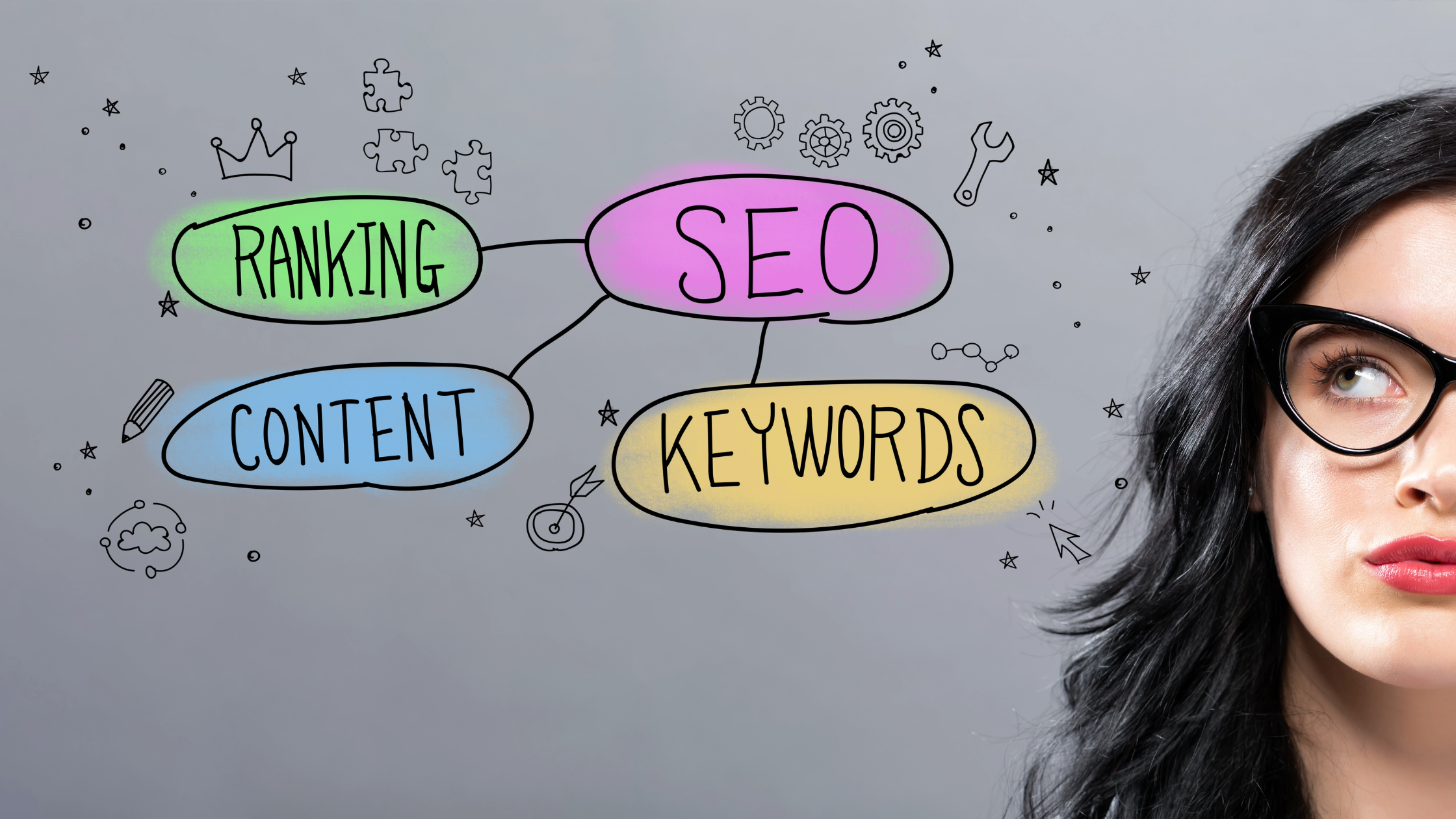Is AI-Generated Content Good or Bad for Your SEO?
AI-generated content is everywhere—from blog posts and product descriptions to those suspiciously perfect social media captions. But is it good or bad for your SEO? Well, it depends. AI can be a powerful tool for content creation, but it can also sink your search rankings if you’re not careful.
What Is AI-Generated Content?
AI-generated content is text created by artificial intelligence tools like ChatGPT, Jasper, or other language models. These tools can produce human-like text based on prompts you provide. In seconds, they can create articles, social posts, product descriptions, and more.
But here’s the catch: Just because a machine can write doesn’t mean it always writes well—or writes content that helps your SEO.
How AI-Generated Content Can Be Good for SEO
When used correctly, AI-generated content can actually support your SEO strategy. Here’s how:
- Fast Content Creation: AI can generate articles, product descriptions, or FAQs in minutes, giving you more content to work with.
- Content Ideas: Stuck on what to write? AI can help brainstorm topic ideas, blog titles, or even introductory paragraphs.
- Keyword Optimization: AI can be trained to naturally include target keywords, helping you maintain SEO best practices.
- Multilingual Content: AI can help you create content in multiple languages, reaching a global audience.
The Risks of AI-Generated Content for SEO
But it’s not all sunshine and search rankings. AI-generated content has some serious downsides if you’re not careful:
- Quality Issues: AI content can be generic, factually inaccurate, or poorly written without human oversight.
- Duplicate Content: If multiple sites use the same AI-generated text, it can create duplicate content problems.
- Google’s Guidelines: Google has made it clear that content must be helpful, trustworthy, and created for people—not just for search engines. Spammy, low-quality AI content can get penalized.
- Lack of Originality: AI can’t truly think for itself. It can remix information but can’t provide real insights, stories, or personal experiences.
Google’s Stance on AI-Generated Content
Google has been very clear: It doesn’t hate AI content. It hates low-quality AI content. According to Google’s guidelines, content should be “helpful, people-first, and demonstrate experience, expertise, authority, and trustworthiness (E-E-A-T).”
This means AI content that is clear, accurate, and genuinely useful is fine. But AI spam, keyword-stuffed nonsense, or content designed only to manipulate rankings is not.
How to Use AI-Generated Content Safely for SEO
If you want to use AI content without hurting your rankings, follow these best practices:
- Edit for Quality: Never publish raw AI text. Edit it for clarity, grammar, and accuracy.
- Add Human Touch: Include your own insights, examples, or stories. Make it feel like it was written by a person.
- Optimize Naturally: Make sure keywords are included where they fit, but don’t force them.
- Fact-Check Everything: AI can get details wrong. Always verify facts, dates, and statistics.
- Mix It with Human Content: Use AI for idea generation, outlines, or basic drafts, but make sure most of your site is human-written.
When AI Content Can Hurt Your SEO
AI-generated content can actually damage your SEO if you misuse it. Here’s when it becomes a problem:
- Over-Optimization: Stuffing keywords into AI text makes it read like spam.
- Low-Quality Text: Generic, repetitive, or inaccurate content won’t rank well.
- No Value for Readers: If your AI content doesn’t help users, it won’t help your SEO.
- Duplicate Content Risk: Using AI to create near-identical pages can trigger duplicate content penalties.
AI Content vs. Human Content: What’s the Difference?
AI can write faster, but it can’t think. Human writers bring experience, personality, and insight that AI simply can’t replicate. For the best results, you should use AI to support your human writers—not replace them.
Best Practices for Using AI Content Without Getting Penalized
Want to use AI to boost your content production without hurting your SEO? Here’s a quick strategy:
- Use AI for Outlines and Drafts: Let AI create a basic structure, then refine it.
- Focus on Quality Control: Always review, edit, and fact-check before publishing.
- Mix Human and AI Content: Use AI to support your team, not replace them.
- Prioritize E-E-A-T: Make sure your content is accurate, authoritative, and useful.
The Bottom Line: AI Content Isn’t the Enemy—Low-Quality Content Is
AI can be a powerful tool for creating content faster and scaling your SEO efforts. But it’s not a magic bullet, and it won’t replace the need for human creativity, strategy, and expertise.
Want to use AI content without hurting your SEO? At Hour51.com, we combine smart AI tools with real human expertise—so your content is always useful, clear, and optimized.
news via inbox
Subscribe to get SEO Tips and Tricks directly in your inbox!








